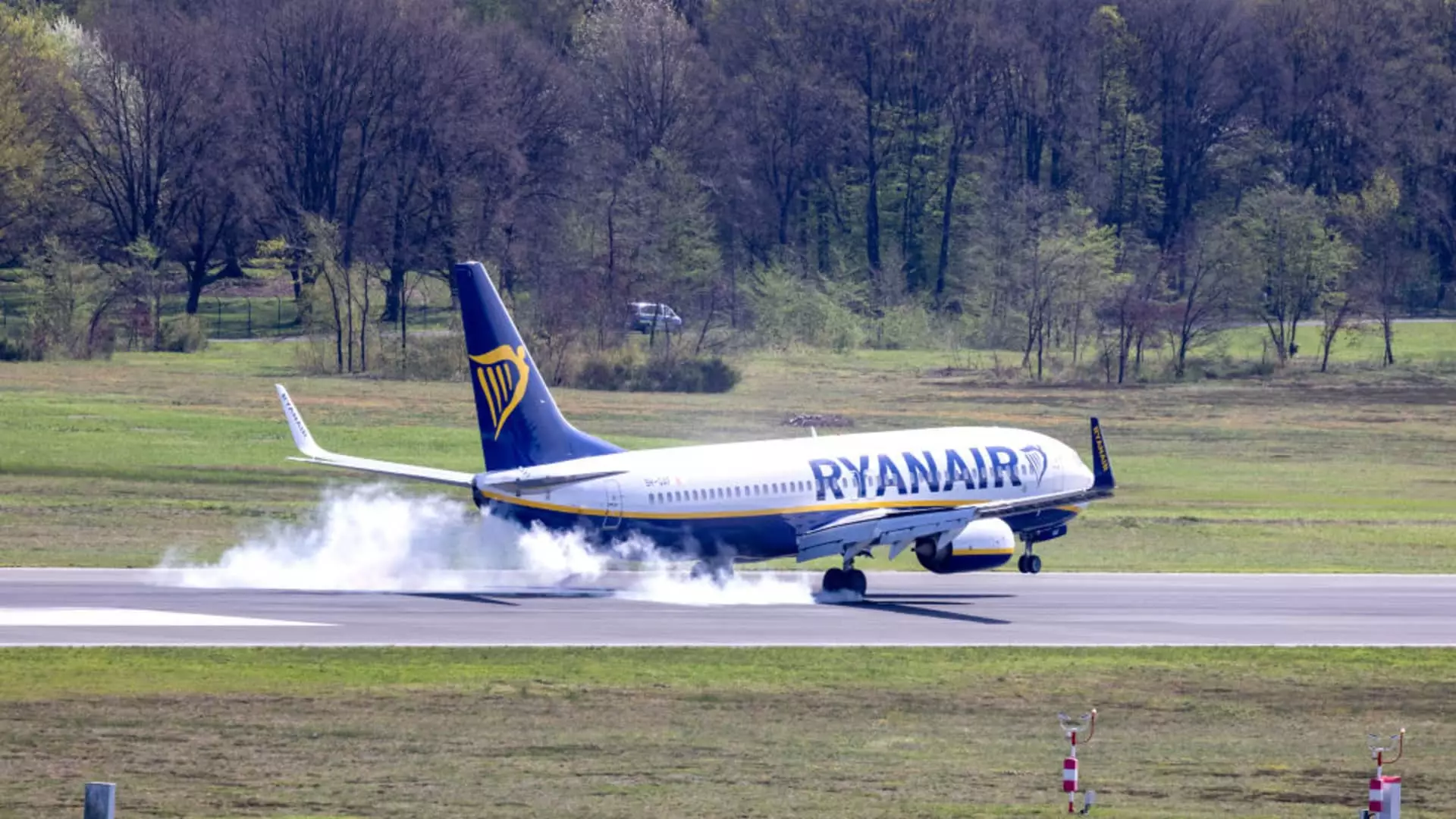On Monday, Ryanair announced that its quarterly profit after tax had decreased by 46% compared to the same period last year. The budget airline reported a profit after tax of 360 million euros in the first quarter, down from 663 million euros in the previous year.
The airline attributed the drop in profit to weaker-than-expected fares and the timing of the Easter season, which fell into the previous quarter. Despite a 10% increase in passenger traffic during the quarter, Ryanair stated that fares did not meet their forecasted expectations.
Ryanair’s Group CEO, Michael O’Leary, expressed concerns about lower-than-expected fares for the upcoming summer months. He mentioned that while demand in the second quarter was strong, pricing remained softer than anticipated. The airline now predicts that fares in the second quarter will be significantly lower than the previous year.
Financial Outlook
O’Leary also highlighted the uncertainty surrounding the airline’s financial performance for the rest of the year. He stated that due to limited visibility for the third and fourth quarters, it was too early to provide meaningful guidance for the full financial year. Additionally, he noted that the absence of last year’s early Easter would impact the fourth quarter results.
Following Ryanair’s announcement, other European airlines, including EasyJet, Jet2, and Wizz Air, also experienced a decline in their share prices. EasyJet saw a drop of over 6%, Jet2 fell by 4%, and Wizz Air slid over 6% on Monday.
Ryanair’s disappointing quarterly results and lower-than-expected summer fare projections have raised concerns among investors and industry analysts. The airline’s challenges in maintaining profitability in a competitive market highlight the volatility of the aviation industry. Investors will be closely monitoring Ryanair’s performance in the coming months to assess its ability to overcome these hurdles and sustain long-term growth.

